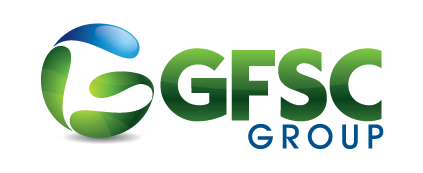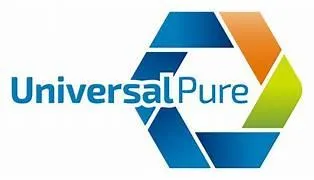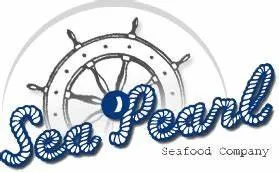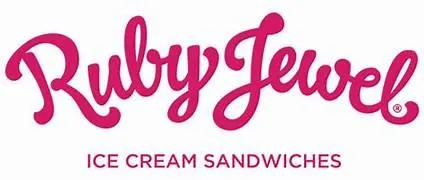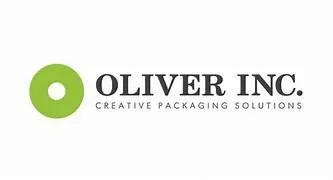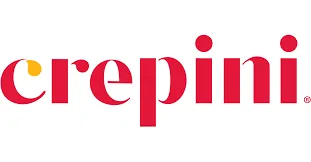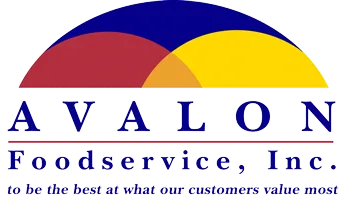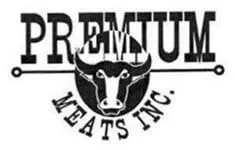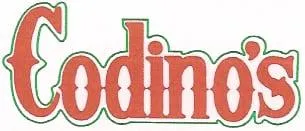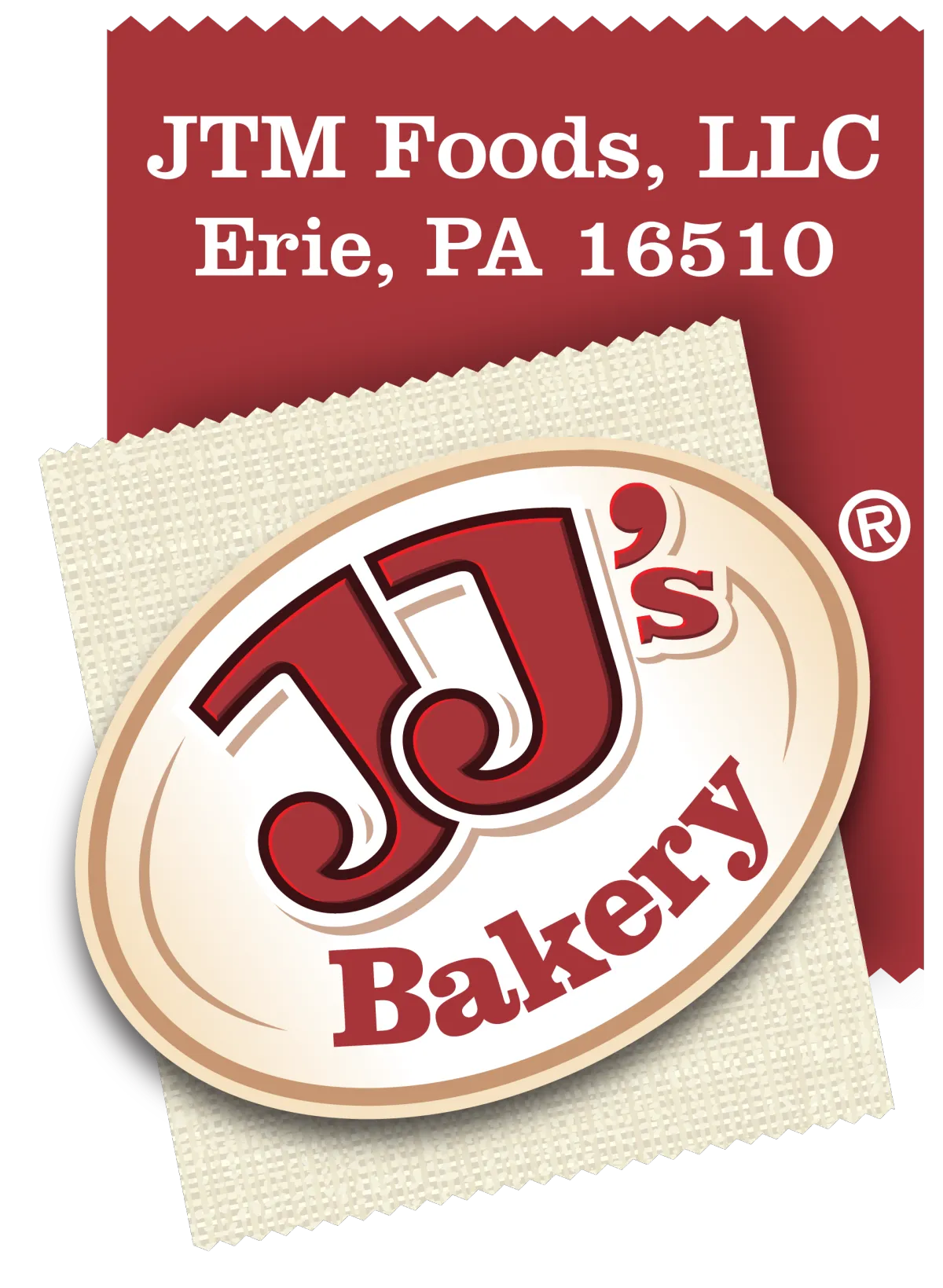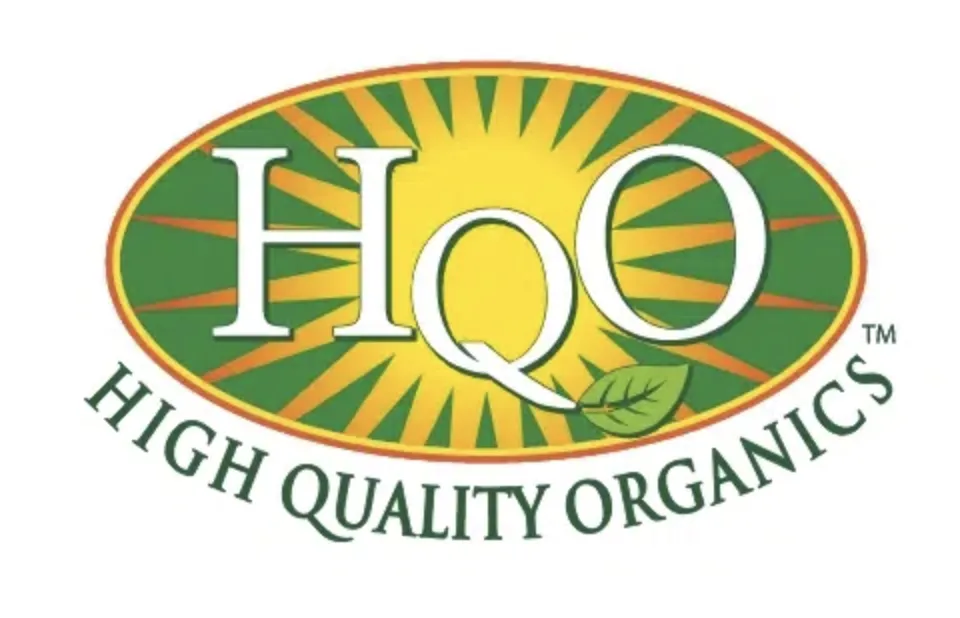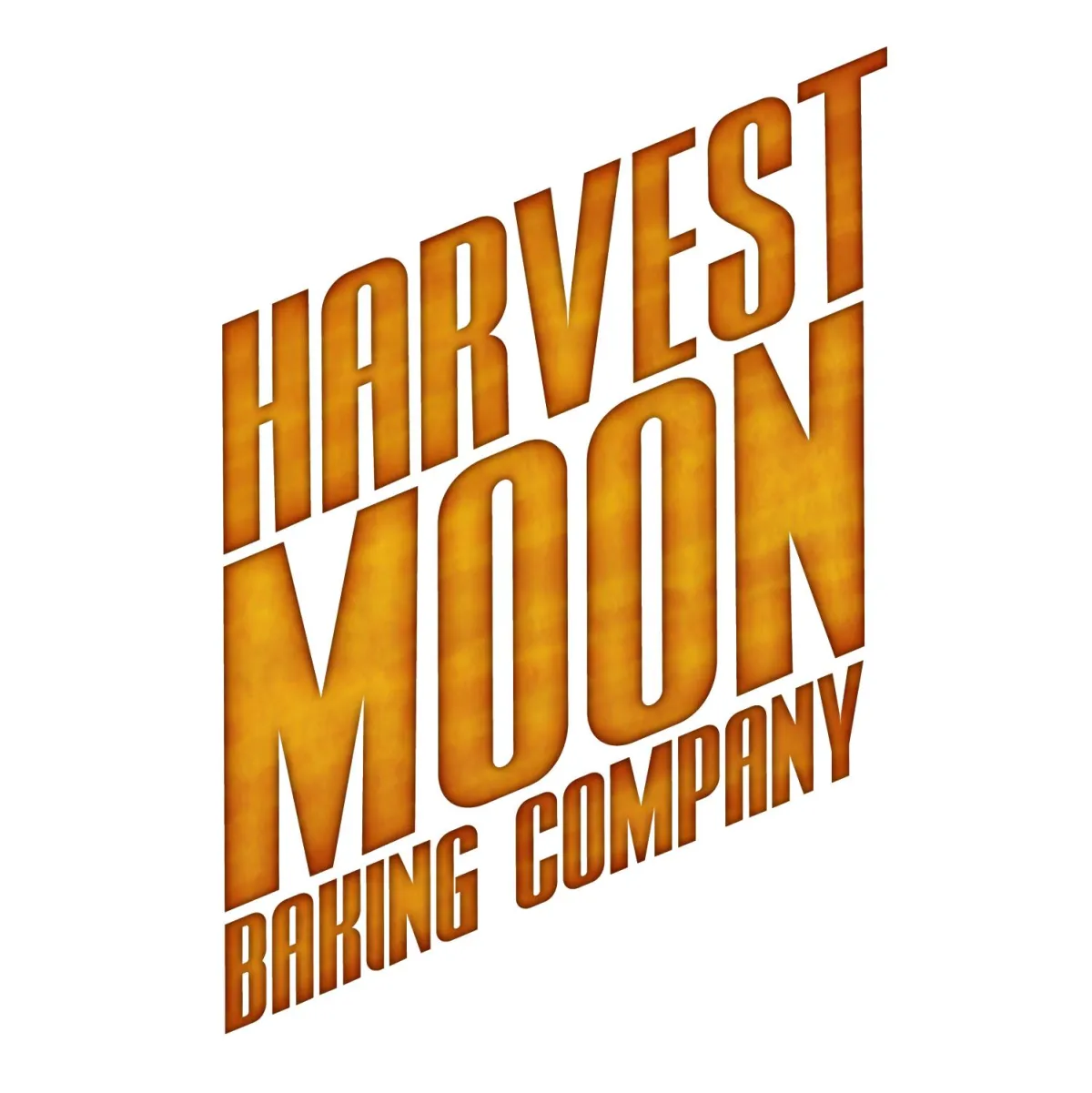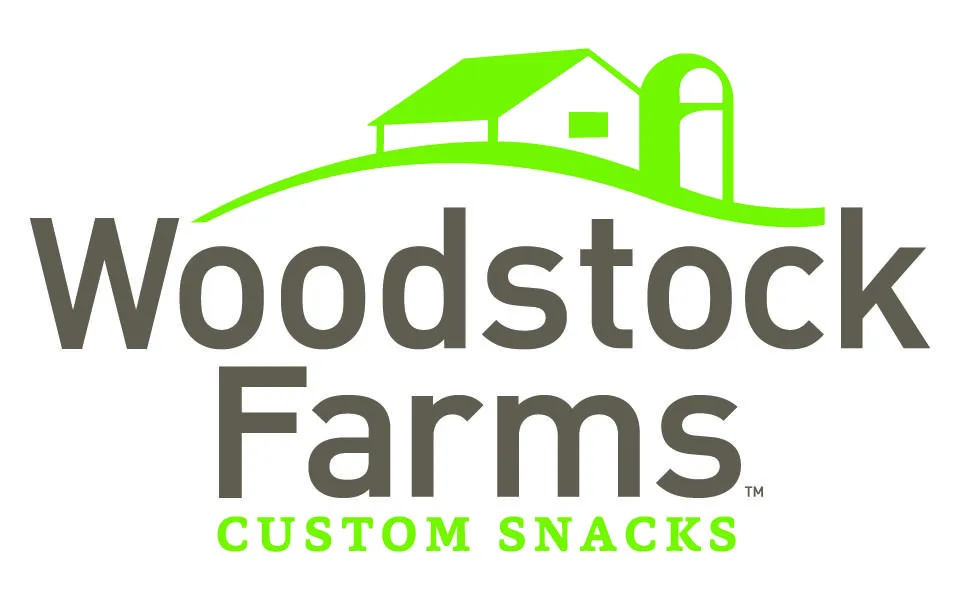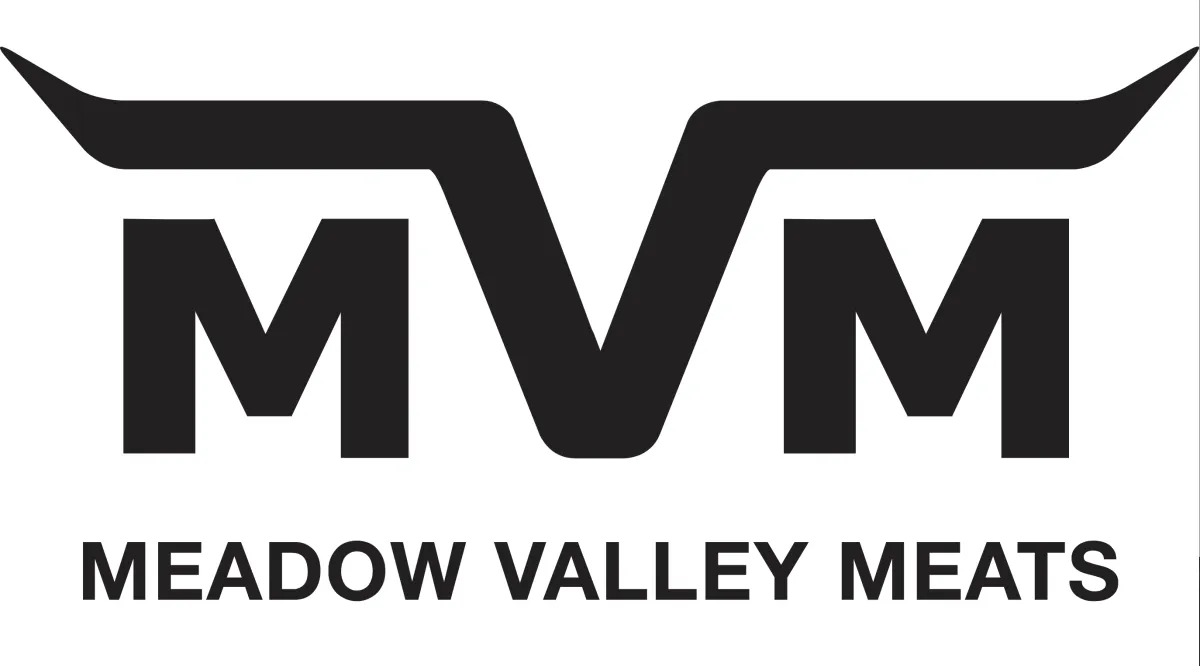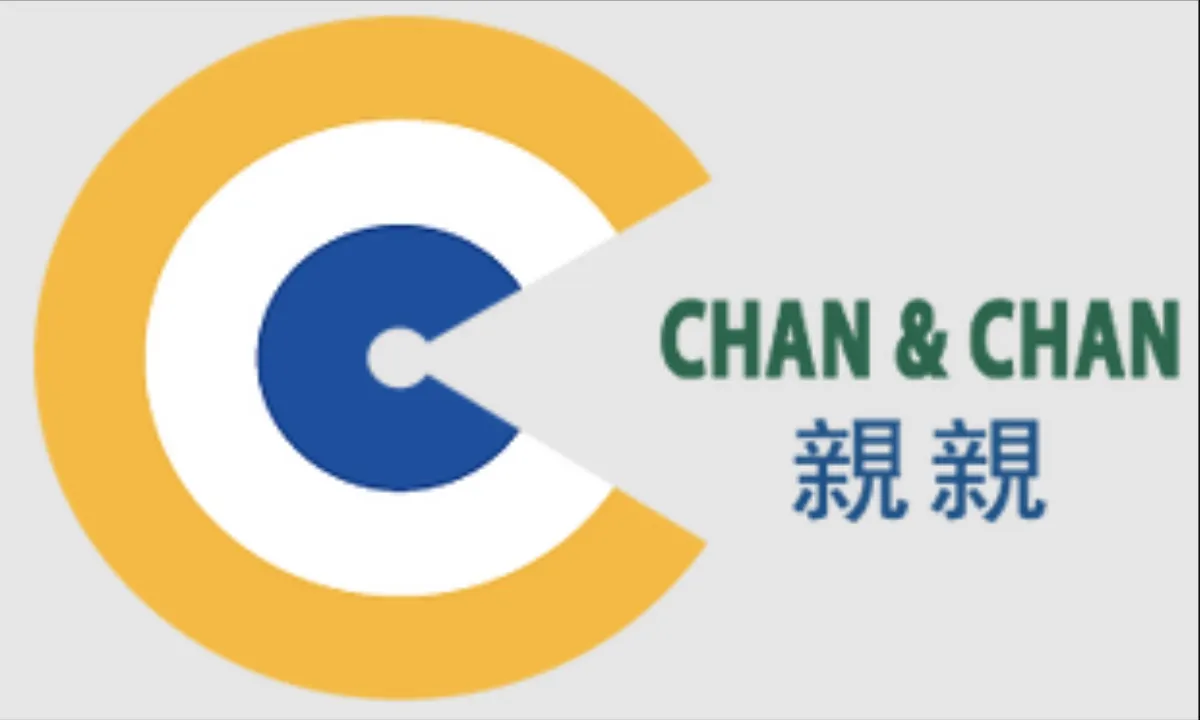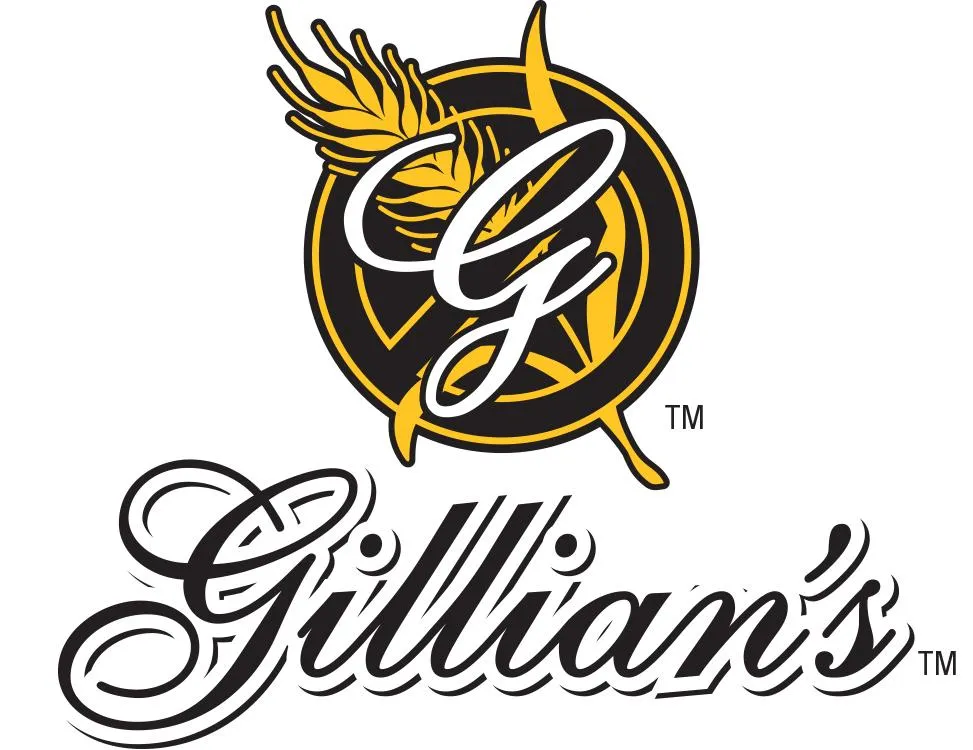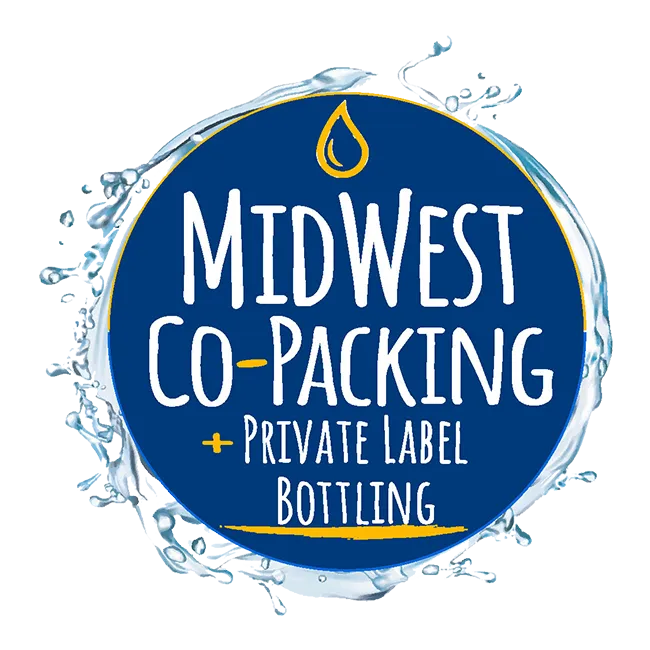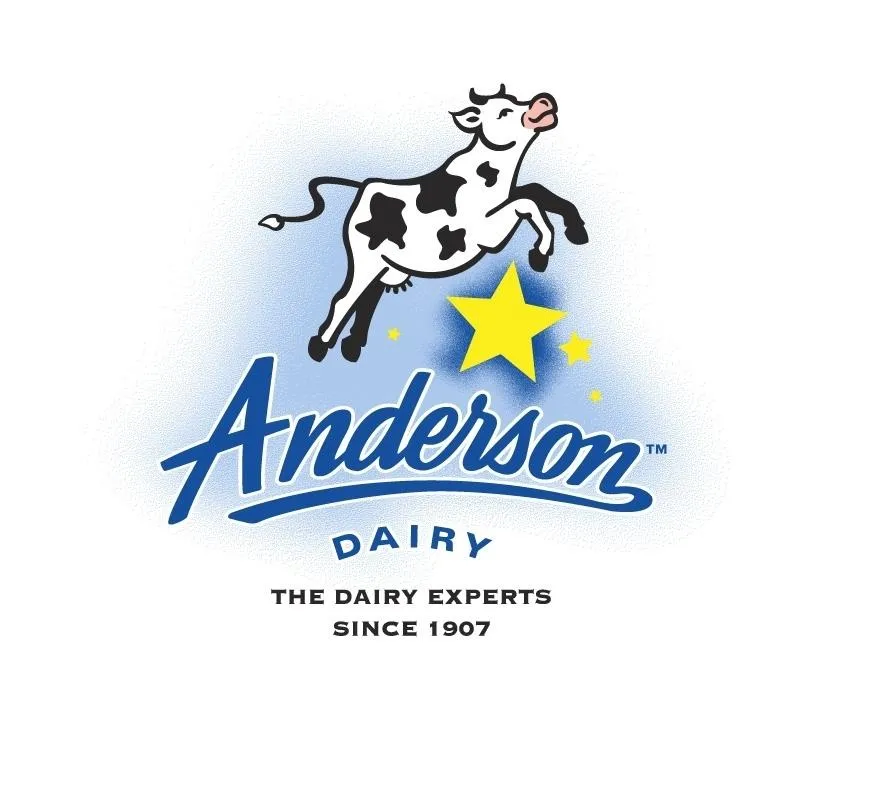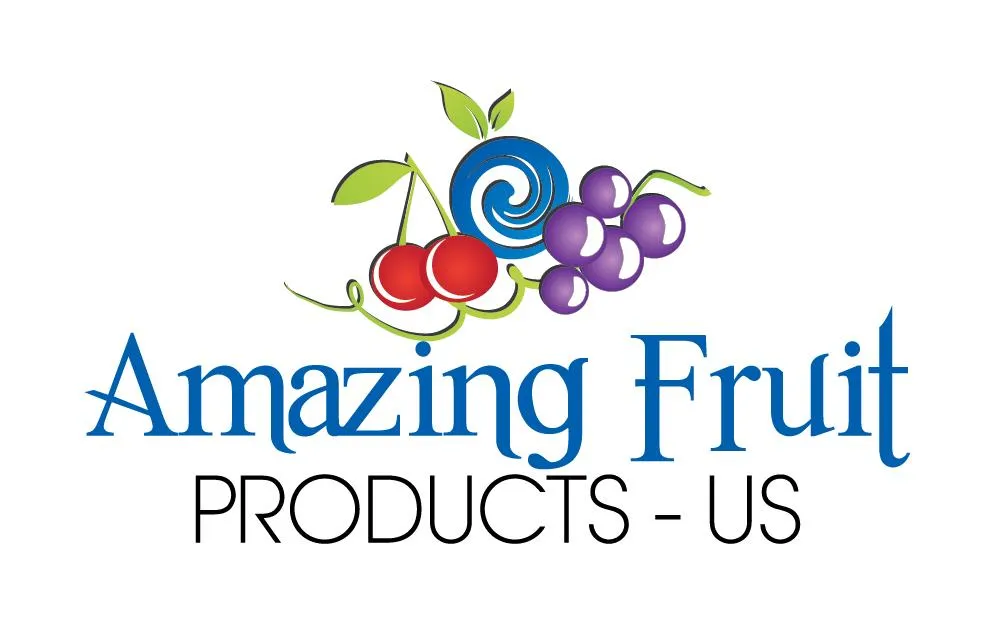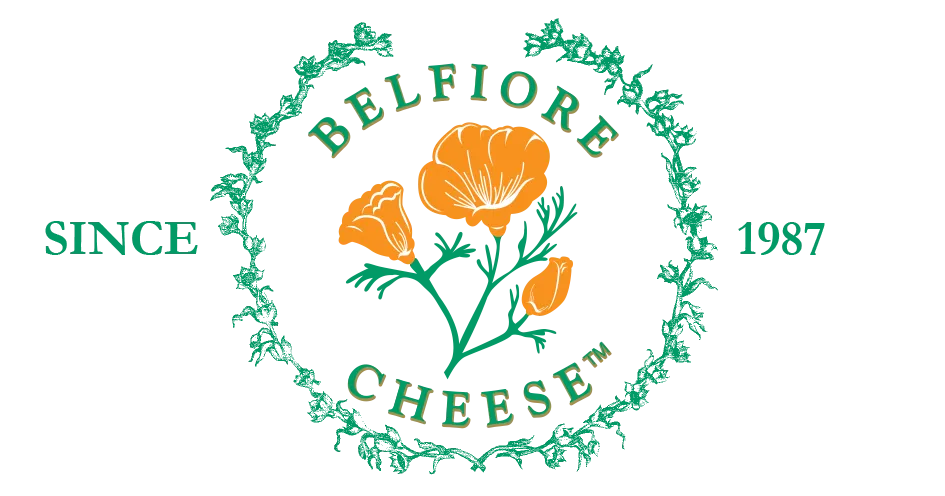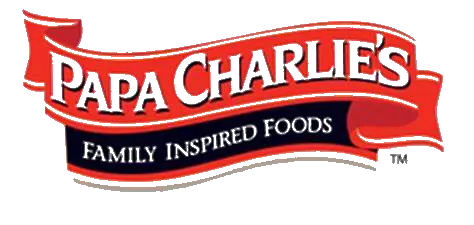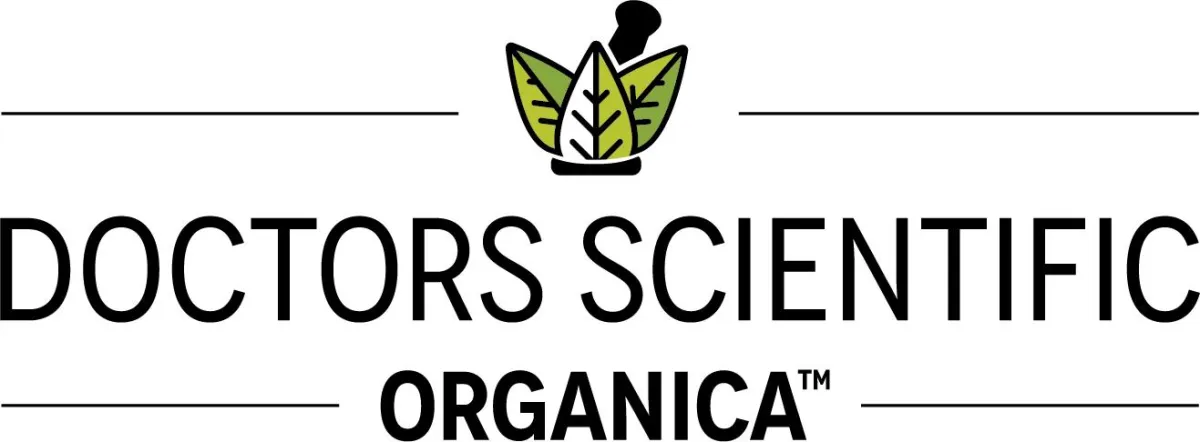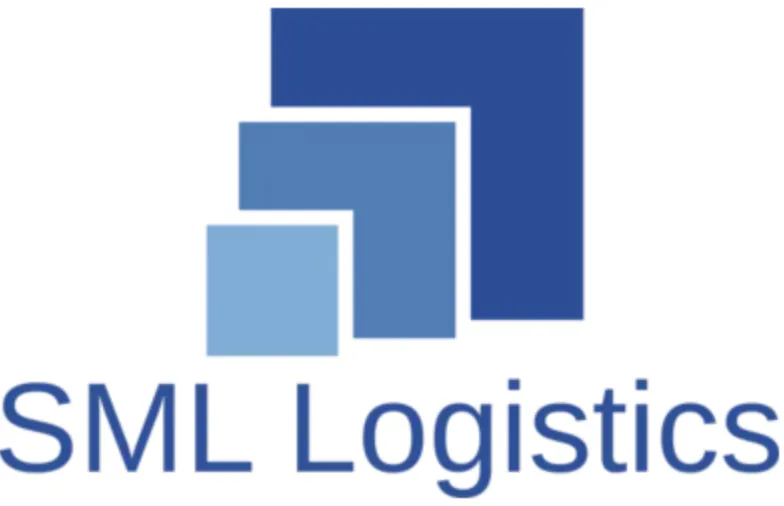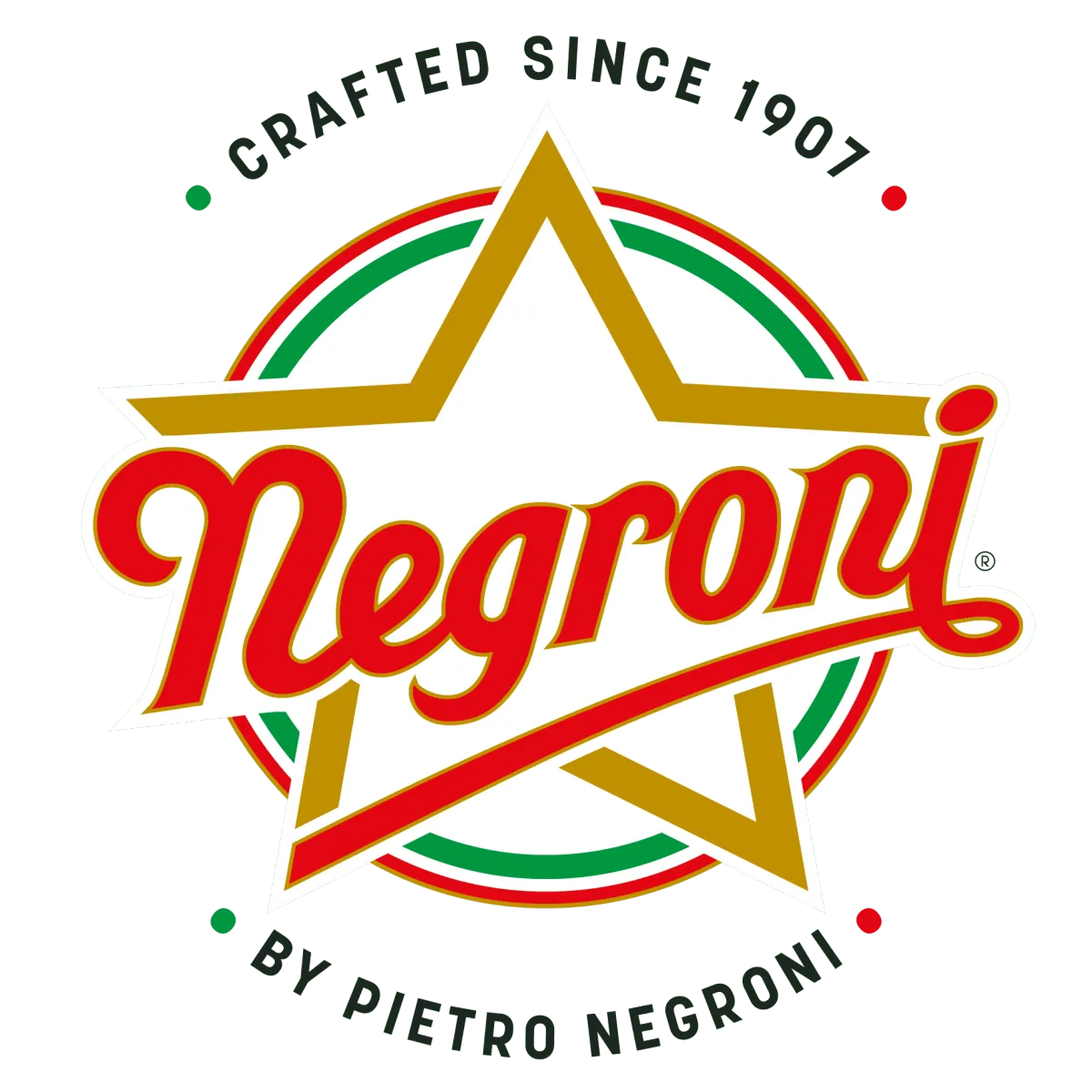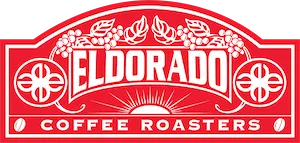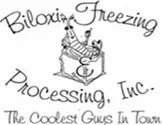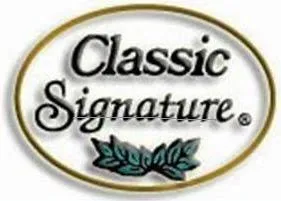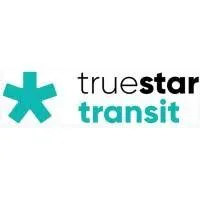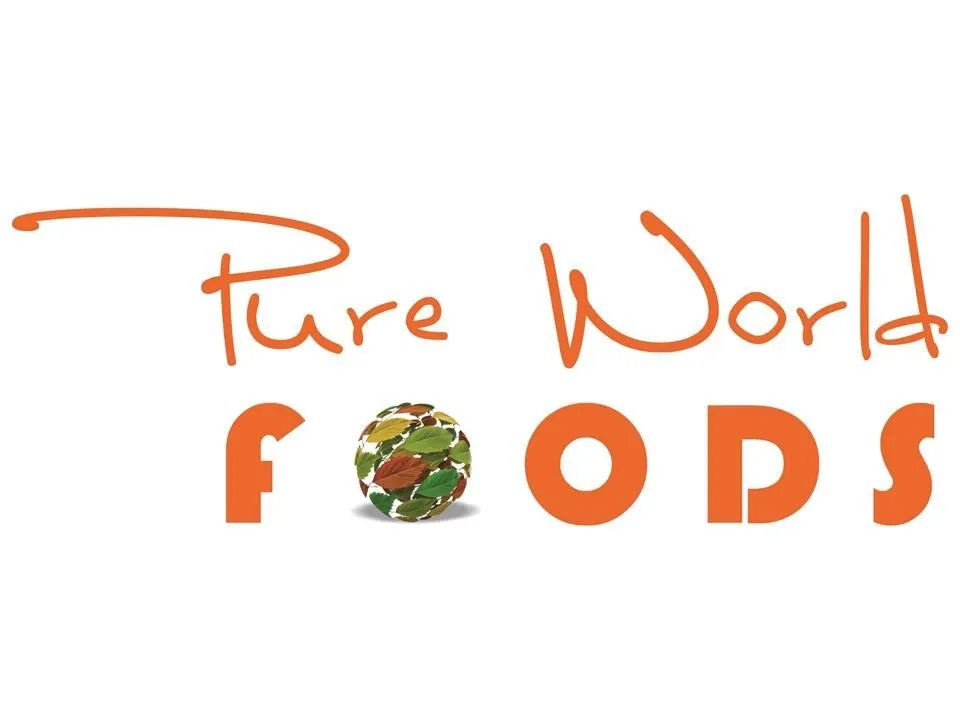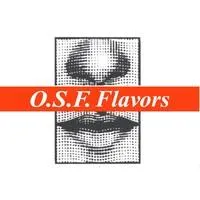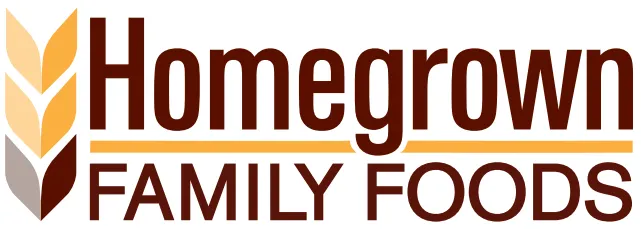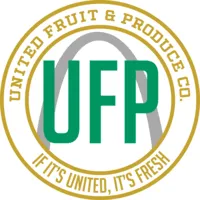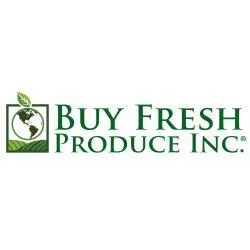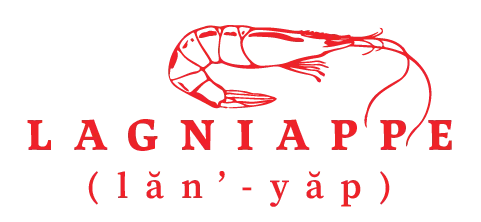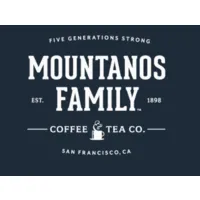It's here! FSMA 204 is now required by FDA since January 2023. Be audit ready.
It's here! FSMA 204 is now required by FDA since January 2023. Be audit ready.
Global Food Safety Consulting group
Let us help you comply with FSMA requirements.
01. Software
We’ve developed a reliable application that’s very user friendly and cost-efficient
02. consulting
For over 8 years our staff has grown with highly reputable consultants/trainers
03. training
We focus on providing both the gaps/issues, and then a common sense solution.
04. auditing
We offer Internal GAP audit and 3rd Party audits through various certification bodies partnership.
Food Safety Plus Core Values
Our core values are the foundation of our company.
We believe that all clients deserve the best service and respect. The four Food Safety Plus core values below is the difference from Food Safety Plus and its’ competition.




Amazing
Software for
Your Business
Reduce Your Liability and Increase Safety
Food Safety Plus is the exclusive combination of many services to enhance your Food Safety Programs.
Request a demo today and start seeing your challenges fade away as your operation falls into compliance with government regulations and higher standards. Our programs are proven to reduce your Food Safety risks for your business and your customers.
Our Services
Serving Your Food Safety Compliance Needs Nationwide

Software
Our Food Safety Plus Software Suite was designed to ease the worries of today’s rigorous regulatory and 3rd party audits. The software is user-friendly and affordable. We pride ourselves on providing the best comprehensive system answer, along with topnotch customer service.
Consulting / Training
For over 10 years, we’ve expanded our staff with highly reputable consultants/trainers. We focus on providing both the gaps/issues and then a commonsense solution. Due to our vast industrial network of resources, we make it easy for you to choose us. Our reputation for being thorough and attentive to our customer is our company’s foundation building blocks.


Auditing
We offer all levels of 3rd party and internal GAP audits. Our professional staff conducts GFSI audits through various certification bodies as a partnership. We fully understand the stress of an audit, and customer service is where we excel and help to ease the tension with going through today’s audits.
Our Company Growth
Our Company is focused on being the best, not the biggest.


FOUNDED
Food Safety Plus is founded by Darryle Guarino. Primary HACCP/SQF Consulting, Darryle is selected to aid in writing FDA FSP Exam.


SOFTWARE
Food Safety Plus developed Gorilladox-Cloud-Based Documentation Software for the Food Safety Manufacturing Industry. In addition to our Software, we provide comprehensive Consulting/Training.


PARTNERS
Food Safety Plus partners with various certification bodies. Food Safety Plus now surpasses 200 clients, built on a solid reputation for thoroughness and integrity. Our Software is now rated one of the best in the industry and has been featured in Food Engineering Magazine


NOW
Food Safety Plus has built a successful client base and grown world wide has more modules to complete a full Food Safety System. Software now includes Approved Suppliers, Internal Audit, Sanitation, Maintenance, HACCP Software, Food Safety 123, and Form Builder.
TESTIMONIALS
Food Safety Industry
Users love it,
Customers say
Customer Retention Rate
We just finished our first SQF audit. I am amazed how any company passes without Gorilladox. The program makes you look professional and well prepared. Everything is so efficient and organized. Made audit almost painless. And yes we did pass! Not enough good things to say about Darryle Guarino. He has been our consultant from the first day. His knowledge, experience and caring is what makes him so special. He is a business man but he truly wants you to succeed. Do not hesitate to work with SQF Partners. They are the best!
Kathy McClung, Quality Manager
Amazing Fruit Products-US, LLC
Darryle, On behalf of all the company I would like to thank you for your help and support in the successful passing of the SQF Audit at Masada Bakery. Your insight and guidance were vital contribution to this achievement. Please thank Wayne again for his efforts and time. He was very helpful. I look forward to continuing our partnership in this quest to further improve and upgrade Masada Bakery in all aspects of food safety and quality. Thank you!
Koby Stein, President
Masada Bakery
Food Safety Plus SQF software has drastically improved our organization of SQF documents with its easy to use program. We highly recommend this product, as it helped improve our audit scored by 63%!
Robert Otolo, VP of Operations
Gillian’s Foods Inc
Our Clients
We work with the best in the industry.

© 2025 Global Food Safety Consulting Group - All Rights Reserved
Atlanta, GA
877.576.3174
